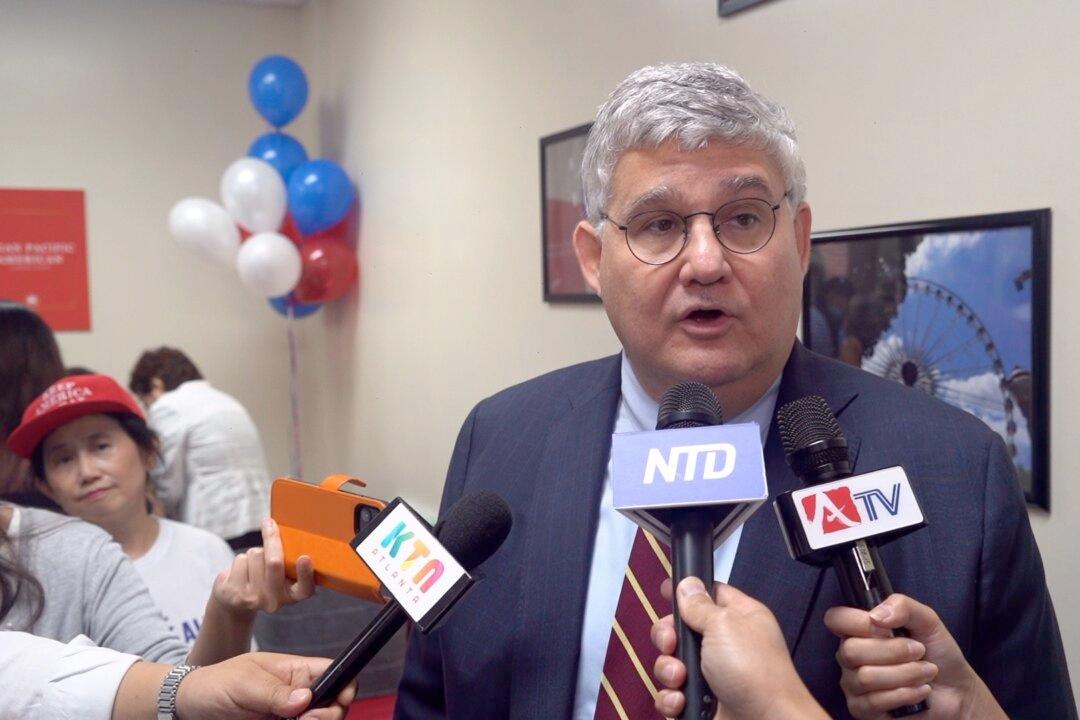A judge ruled on Wednesday that Georgia GOP Chairman David Shafer can’t share legal counsel with 10 other alternate electors before the special purpose grand jury in the probe of the 2020 election.
The grand jury is investigating post-election efforts to question the integrity of the 2020 presidential election, including 16 Republicans from Georgia who were deemed alternate electors for the state in the 2020 election.





